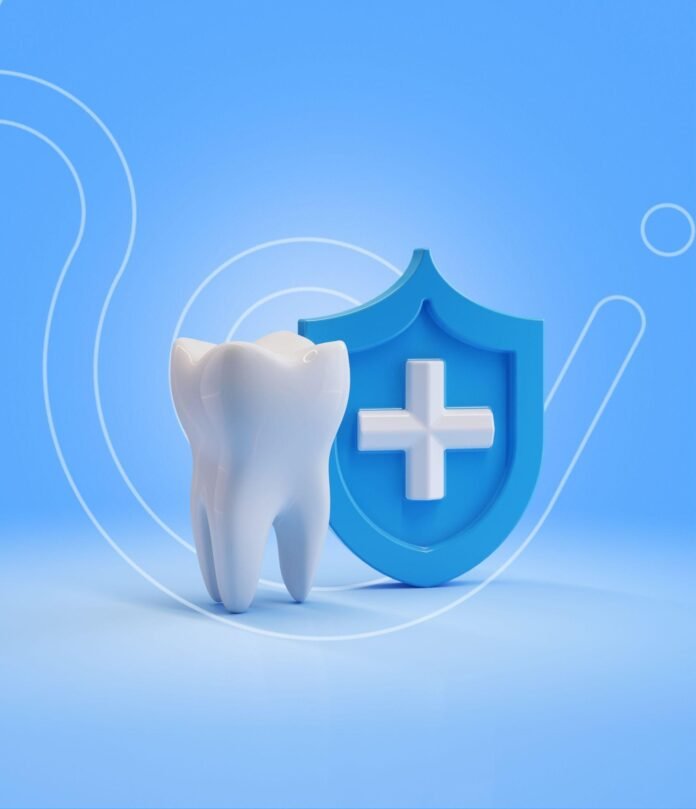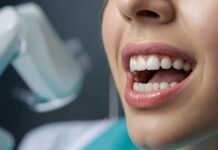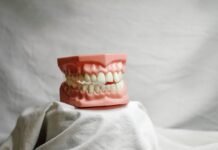You may be aware of the importance of brushing and flossing daily, but it might come as a surprise that their significance extends beyond cavity prevention and maintaining a bright smile. Taking care of your oral health is crucial for your overall well-being and plays a vital role in maintaining good health.
The condition of your oral health serves as a reflection of your overall well-being, providing insights into potential issues in other bodily systems beyond the mouth. For instance, oral lesions can be an indicator of an HIV infection, while bleeding gums may suggest a blood disorder.
Conversely, neglecting proper oral hygiene can lead to complications affecting your overall health. Although the majority of bacteria in our mouths are beneficial and aid in digestion, certain harmful bacteria, if left untreated, can result in a range of diseases. These detrimental bacteria can enter the bloodstream through severe cavities. Hence why it is crucial to check up with your dentist regularly.
Why is important to have health insurance when it comes to dental issues?
Having insurance for dental issues in Switzerland is of utmost importance due to the high cost of dental treatments in the country. Dental procedures can be financially burdensome, and without insurance, individuals may hesitate to seek necessary dental care. However, with supplemental insurance specifically designed for dental coverage, individuals can enjoy comprehensive financial protection.
Supplemental insurance covers a wide range of dental expenses, including preventive care, restorative procedures, orthodontics, and more. It ensures that individuals have access to necessary dental treatments without worrying about the financial implications. This coverage promotes regular dental visits, preventive care, and timely interventions, ultimately contributing to better oral health and overall well-being.
By having supplemental dental insurance in Switzerland, individuals can confidently prioritize their oral health knowing that all necessary expenses will be covered, allowing them to maintain healthy smiles without financial stress.
Health Issues Related to Oral Hygiene
Respiratory Infections
The bacteria responsible for inflamed gums in the mouth can enter the bloodstream and travel to the lungs. Upon reaching the lungs, these bacteria have the potential to trigger a range of respiratory ailments, including pneumonia and bronchitis
Diabetes
Managing diabetes becomes more challenging in the presence of periodontal disease. Gum disease can interfere with stabilizing blood sugar levels. If you have diabetes, it is crucial to prioritize excellent oral hygiene. Furthermore, individuals with gum disease face an increased risk of developing diabetes due to the difficulty in controlling blood sugar levels.
Cardiovascular Disease
Maintaining inadequate oral hygiene can increase your susceptibility to cardiovascular disease. Bacteria associated with gum disease have the potential to enter the bloodstream, obstructing the arteries responsible for transporting blood to and from the heart. As time passes, the plaque can solidify within the arteries, leading to a dangerous condition called atherosclerosis, which poses a significant risk to life.
Kidney Disease
Studies have revealed a significant link between periodontal disease and kidney disease. Kidney disease can adversely affect blood pressure, bone health, and heart function. Hence, it is crucial to prioritize adequate oral care to mitigate the risk of complications associated with kidney disease.
Pregnancy complications
During pregnancy, hormonal changes increase the susceptibility to infections, making it essential for expectant mothers to prioritize good oral hygiene and regular dental visits. Infections originating from the mouth can lead to pregnancy complications. Moreover, issues such as gum disease can further pose risks, potentially resulting in premature or underweight infants. Taking proper care of oral health during pregnancy is crucial in ensuring the well-being of both the mother and the baby.
How can you maintain good oral health?
The key to safeguarding your oral health lies in practicing proper oral hygiene and ensuring the well-being of your gums and teeth. Once you establish a habit of maintaining a solid oral health routine, it becomes easier to stick to it.
In the morning and evening, allocate time for brushing your teeth using fluoride toothpaste. It is important to brush properly for maximum effectiveness. Utilize gentle circular motions to eliminate plaque and don’t forget to give your tongue a gentle brushing as well.
Remember to clean between your teeth daily using floss or an interdental brush. This not only removes food particles but also stimulates the gums, reduces plaque, and minimizes inflammation. Flossing once a day is sufficient.
Incorporate the use of a recommended antiseptic mouth rinses into your routine. This aids in reducing acid levels in your mouth and cleans areas that are difficult to reach with your toothbrush.
Hydrate your mouth by drinking plenty of water, as it benefits both your oral health and overall well-being. Additionally, drinking water after meals helps rinse away food particles and counteracts the negative effects of sticky or acidic foods and beverages. It also helps minimize teeth staining.
Whenever possible, consume foods that are beneficial for your teeth, such as fresh and crunchy fruits and vegetables. Not only are they good for your dental health, but they also contain healthy fiber. Limit your intake of sugary and acidic foods, as they can erode tooth enamel. Damaged enamel leads to cavities and further dental and health issues. If you do consume acidic fruits, teas, or coffee, try to drink water afterward to mitigate their effects.
Dental health plays a significant role in overall health and well-being. Neglecting oral hygiene and disregarding dental care can lead to a variety of health issues beyond the mouth, including cardiovascular disease, diabetes complications, respiratory infections, kidney disease, and pregnancy complications. Maintaining good oral hygiene practices, regular dental check-ups, and having appropriate dental insurance coverage are vital steps in ensuring optimal oral health and preventing potential systemic health complications. By recognizing the interconnectedness of dental health and general health, individuals can take proactive measures to prioritize their oral health and safeguard their overall well-being.


























